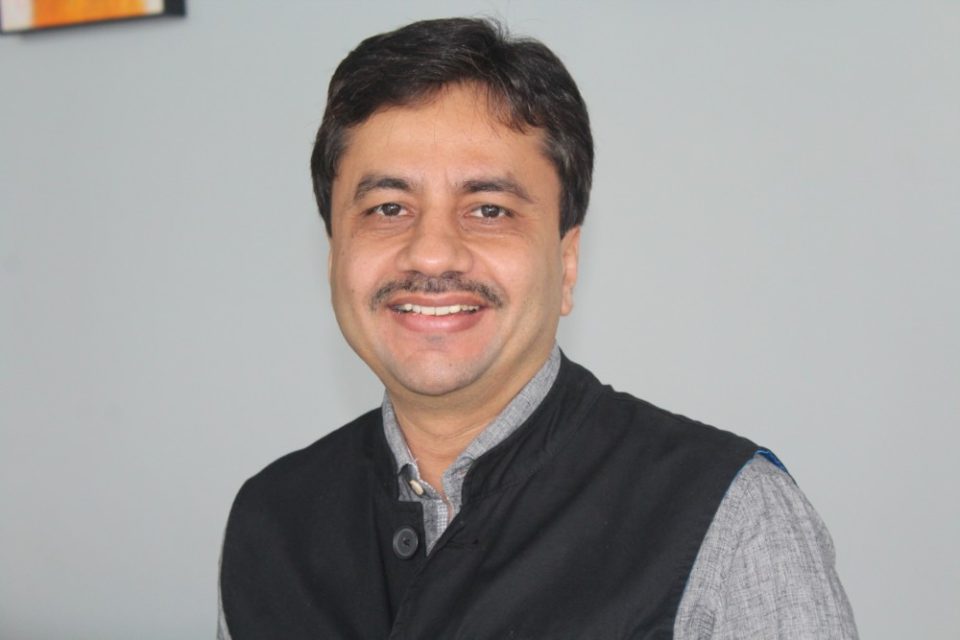Nitesh Kakkar, COO, Eastbound Discoveries in an exclusive interview with Travel Trade Insider spoke on a host of issues ranging from preparedness in the wake of Covid-19 pandemic to outbound demand for destinations like Sri Lanka. The following are the excerpts from an interaction.
Q. In the wake of Covid-19 pandemic, how’s Eastbound Discoveries working on a recovery plan once the global travel restrictions are eased?
A. We at Eastbound Discoveries are putting strict measures in place to ensure that we are well equipped to conduct all future touring responsibly. The buzz words for us are sanitisation, customisation and partner clearances. We shall keep strict controls on all three counts from end to end. Negligence on either of the three factors shall be strictly monitored and will be non-negotiable.
In this regard, a comprehensive crisis management manual has been developed by us that shall be strictly adhered to in-house and all our local partners shall be asked to comply. It includes a code of conduct for tour operators, all involved tour guides, drivers, local experience providers, hotel partners and even guests. Masks, use of sanitizers and social distancing will continue to be the norm and travel partners will be chosen on their ability and commitment to mitigate the risk of the virus.
Q. Sri Lanka has recently announced the opening its doors for international tourists, what kind of demand you expect from the Indian market for the destination in case the government allows international flights to the island nation in the near future?
A. It will be humungous as it has been in the previous years. Sri Lanka has been observed as a country with fewer Covid cases. Owing to this, Indians will definitely consider it a favourable destination to travel as and when international flights resume operation. Indians already constitute the highest number of tourists in Sri Lanka with over four lakh tourist visits in 2019 alone. Therefore, it will not be a surprise if we witness a surge in Indian tourists travelling to Sri Lanka for meetings, events, holidays or even wedding purposes.
Q. With the coronavirus positive cases rising in the country, do you feel that inbound tourism to India will take a beating even if the government allows international travellers to visit the country?
A. To some extent, yes inevitably. However, travel is an intrinsic part of human DNA and people will not stop travelling or exploring new destinations. While there are some places in India that are severely affected by Covid, there are others that have less number of positive cases or are even announced as green zones by the government of India. States in the North-East of India, Uttaranchal and Himachal Pradesh where the population is sparse will undoubtedly see an increase in tourism in the coming months. Game reserves and safari parks also expected to do better.
Q. As a DMC what have been your learnings from the current situation, which has been unprecedented and a severe dampener for the tourism business?
A. While no one was prepared for a global pandemic like Covid-19, we must now realise the importance of health and hygiene and keep safety of people at the pinnacle of our core values. We are considering all possible scenarios and guidelines to minimise the impact of any such unforeseen calamity in the future. Also, we are in the midst of restructuring our operations and offerings to become more resilient to such circumstances.
Q. With the simmering political tensions between India and Nepal, do you see it having an impact on tourism ties between the two nations?
A. The ongoing border dispute between the two countries might have an impact on tourism in the near future if the tension escalates any further. To prevent the advent of such a situation, we can only expect both the parties to confront each other and reach a mutual agreement on all bilateral border disputes.
India and Nepal are quite similar in terms of their culture, geography, history, language and religion and such disputes would only disturb the harmony and the relationship between the two peace-loving nations.

